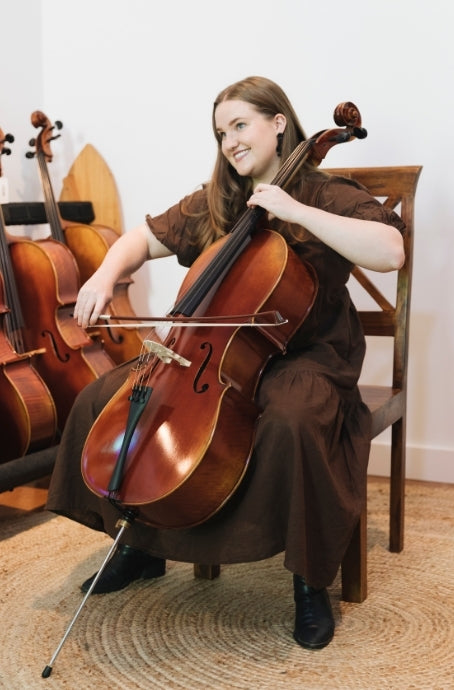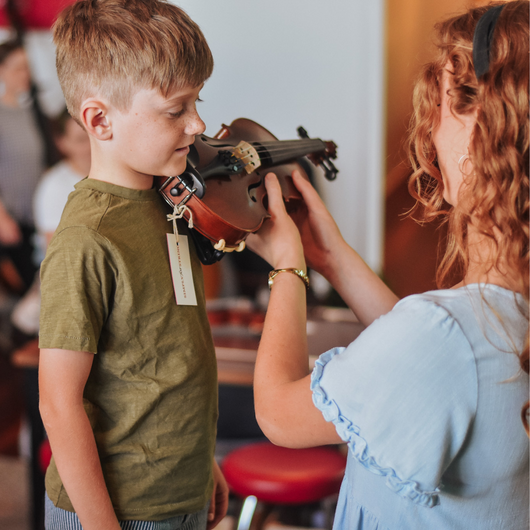Double Bass Rosin
Double Bass Rosin from world-renowned brands. Authorised Stockist.
Simply for Strings stocks a wide range of accessories for double bass. Our huge range of accessories covers rockstops, music stands, rosins, mutes, humidifiers and more. Make your choice from accessories manufactured by Nyman, Manhasset, Hercules, Korg and many more. We proudly keep our range of popular accessories for double bass well-stocked with same-day shipping* Australia wide.
What is rosin?
Rosin is a solid form of tree resin that’s obtained from pines and other conifers. It’s semi-transparent and varies in colour from yellow to black. It’s used by musicians and luthiers to improve the sound quality of a stringed instrument. Rosin creates friction between the bow hair and the strings, as well as helping the bow grip the strings to produce the sound. If you don’t use enough rosin on the bow, your instrument will have an airy or scratchy sound when you play.
How do I apply rosin to the bow?
Double Bass rosins are very sticky, so they need to be applied in an upwards motion from the frog to the tip. Unlike violin bows, you cannot apply the rosin backwards and forwards, as this can cause damage to the bow hair. If the bow is brand new, you'll need between 10-20 strokes up and down the full length of the bow to ensure there is enough friction created. If your bow is pre-rosined, you should only require 2-3 strokes per practice session.
Should I use a light or dark rosin on my double bass bow?
Light rosins are used in high temperatures (summer), for smooth solo play or if you’re playing your instrument in chamber music. The light ones are most commonly used by violin and viola players. On the other hand, dark rosins are used in low temperatures (winter) for playing your instrument in an orchestra or for full-tone playing. This one is most commonly used by cello and double bass players. One of the biggest differences when you use rosin is that darker rosins are heavier and stickier. This makes them better for maintaining your strings of larger instruments. Light rosins are lighter in color, density and stickiness therefore more suited for maintaining your strings of smaller instruments. We recommend trialling both types to find the sound you prefer best.
Why is there a big price difference between different rosins?
Generally, as you pay more for a rosin, the grain of the powder from the rosin will be much finer. This means that more expensive rosins will be less scratchy and have a smoother sound. Some rosins also have special additives to them that will effect the sound such as the Larica Gold rosin has gold particles in the rosin, while others are designed to work better with certain sets of strings such as Pirastro's line of rosins. One of our most popular professional level rosins, the Leatherwood rosin is a bespoke rosin handmade in Australia. This rosin is specifically designed to work best with Australia's climate and humidity whereas most other rosins were designed with European or American climates in mind.
Which student rosin would you recommend?
We recommend Pops and Nyman rosins as these are the two rosins that the majority of bassists at any level will use.
Can I use violin or cello rosin on my double bass bow?
Generally speaking, no. As double basses have much thicker and longer strings, the bows require a lot more grip to be able to start the string vibrating. Because of this Double bassists require very sticky rosin specifically designed for basses. Using violin rosin will not allow the bow to grip and you won't be able to get any sound from the instrument.






